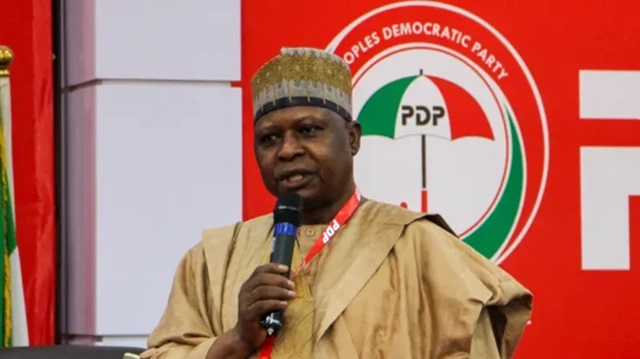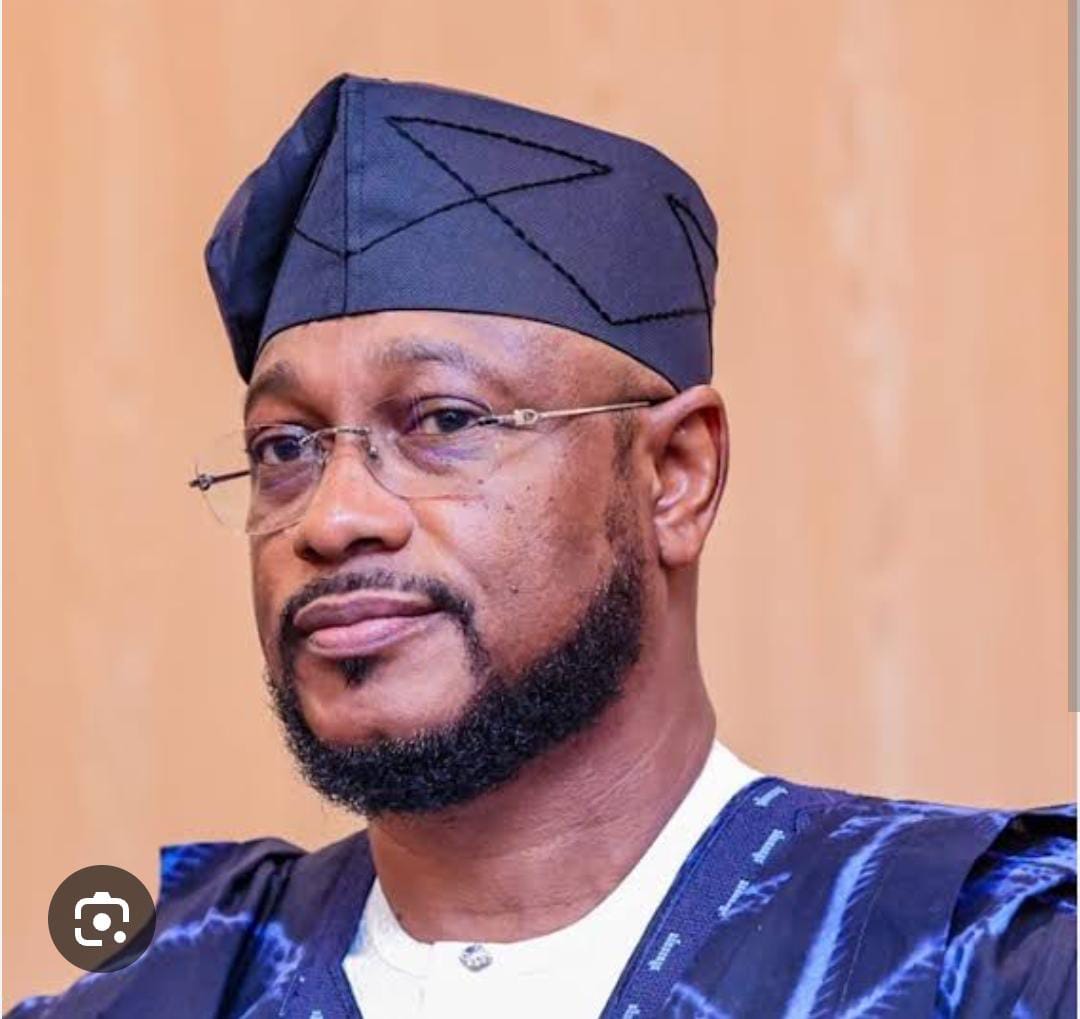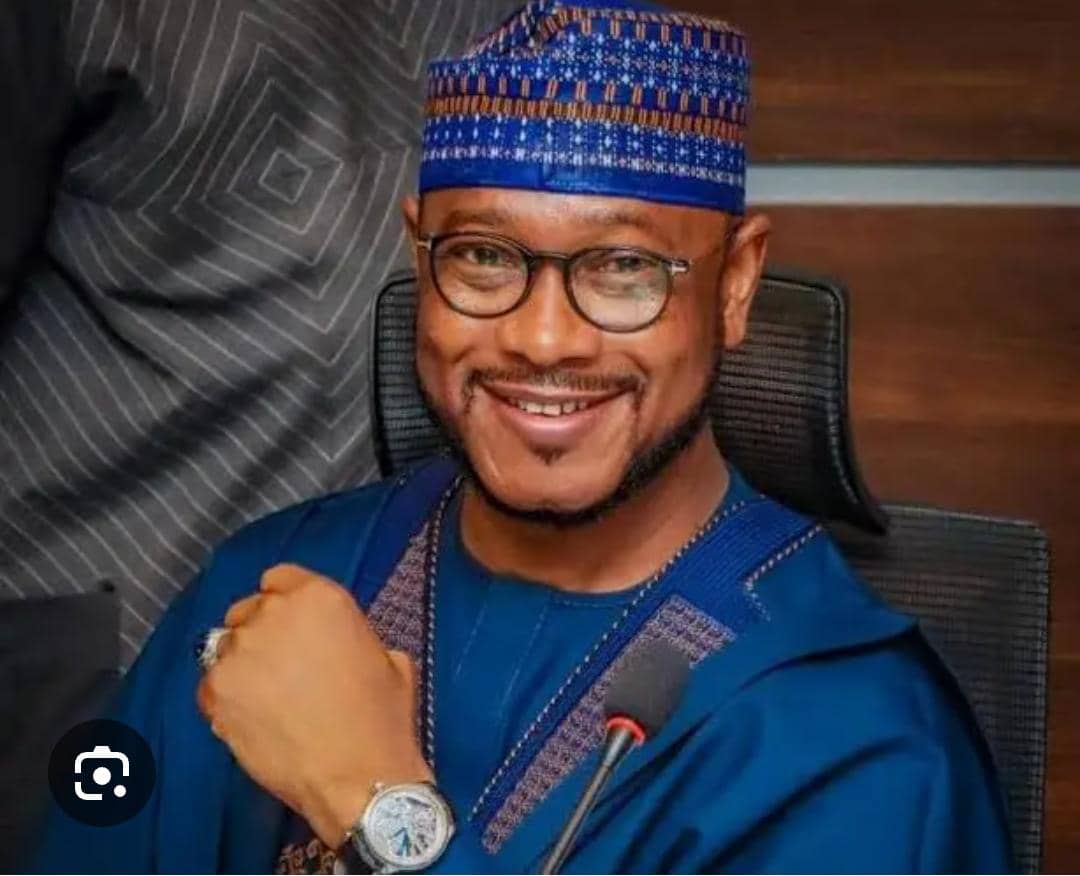Former Vice President Mike Pence emphasizes the urgent need for military support to repel the Russian invasion in Ukraine, asserting that failure to do so would lead to a potential war between the United States and Russia.

The escalating tensions between the United States and Russia over the crisis in Ukraine have raised concerns about the possibility of a full-blown war.
Former Vice President Mike Pence has underscored the critical importance of providing Ukraine with the necessary military assistance to counter the Russian invasion. In a recent appearance on the Hugh Hewitt Show, Pence condemned Russia’s military operations in Ukraine, describing them as not only acts of warfare but also manifestations of evil. Pence further expressed his belief that Russian President Vladimir Putin is grappling with internal divisions within Russia. As a presidential hopeful, Pence pledged to ensure that Ukraine receives the vital aid it needs to secure victory.
Pence firmly asserted, “I have no doubt that if Vladimir Putin overran Ukraine, it would not be too long, Hugh, before the Russian military crossed a border where we would have to send our fighting men and women to fight against them.” He invoked the principles of Ronald Reagan’s doctrine, emphasizing the United States’ commitment to supporting nations that are willing to defend themselves against common adversaries. According to this doctrine, if a nation is prepared to confront enemies on its own soil, the United States will provide the means for that nation to wage the battle, thereby sparing American troops from direct engagement.
In Belarus, confusion surrounds the whereabouts of Prigozhin, the leader of the Wagner Group. Although the terms of an agreement following last month’s coup suggested his deportation to Belarus, President Alexander Lukashenko stated that Prigozhin is not present in his country.
Lukashenko revealed that numerous Wagner fighters have sought refuge in Belarus since the failed rebellion in June. Meanwhile, Dmitry Peskov, the spokesperson for the Russian president, refrained from confirming Prigozhin’s location but affirmed that the agreement on his departure to Belarus remains in effect, dismissing any need for further information on his movements.
Thursday marked a distressing turn of events as Russian cruise missiles struck an apartment building in Lviv, a city in western Ukraine. The attack claimed the lives of five individuals and left dozens injured, serving as a grim reminder that no region within the war-torn country is immune to the devastating effects of aggression.
While the majority of the conflict has been concentrated in the south and east, closer to Russia’s border, Lviv had previously been considered a relatively safe haven for Ukrainians fleeing the relentless bombing.
Unfortunately, the missile strike shattered that sense of security, inflicting significant damage on 60 apartments and 50 cars in the vicinity. As a result, the entire city plunged into darkness, raising concerns about the availability of essential utilities such as water supply.
President Volodymyr Zelenskyy, who was in Bulgaria at the time to garner support for Ukraine, responded to the attack with a vow to retaliate. In a tweet, he asserted, “there will definitely be a response to the enemy. A strong one.” Zelenskyy’s statement underscores the Ukrainian government’s determination to defend its citizens and safeguard the nation’s sovereignty.
During his visit to Sofia, Zelenskyy found an ally in Bulgarian Prime Minister Nikolai Denkov, who pledged to provide weapons to Ukraine and support its bid for NATO membership. However, the nation’s president, Rumen Radev, adopted a more diplomatic stance, arguing that a resolution to the conflict would require negotiations rather than an escalation of arms.
This divergence in opinions prompted a rebuke from Zelenskyy, who suggested that Radev’s perspective might change if Bulgaria were to face an invasion, highlighting the potential inadequacy of Bulgaria’s military in deterring Russian aggression single-handedly.
In another development, the head of Russia’s prominent state-run news agency, Tass, was removed from his position and replaced by a former press aide of President Putin. Sergei Mikhailov, who had directed Tass for 11 years, was dismissed by Prime Minister Mikhail Mishustin.
Mikhailov had modernized the news agency while maintaining its role as a government mouthpiece. However, Tess’s coverage of Yevgeny Prigozhin, a key figure in the insurrection, might have contributed to the growing popularity of the Wagner Group leader within Russia.
The newly appointed director, Andrey Kondrashov, previously served as Putin’s campaign headquarters’ press secretary in 2018 and has produced documentaries glorifying the annexation of Crimea and Putin’s life.
This change in leadership at Tass raises questions about the Kremlin’s dissatisfaction with media coverage of the Wagner Group’s armed rebellion, underlining the significance of loyalty to Putin over professional achievements.
Secret talks between a group of former senior U.S. national security officials and Russian leaders have emerged as part of efforts to lay the groundwork for negotiations aimed at resolving the conflict.
These talks, which were reportedly conducted without the authority but with the knowledge of the Biden administration, took place between Russian Foreign Minister Sergey Lavrov and the American officials in New York.
While the White House has consistently maintained that Ukraine should determine the timing and conditions for any peace talks, the involvement of prominent figures such as former diplomat Richard Haass, Europe expert Charles Kupchan, and Russia expert Thomas Graham indicates the ongoing behind-the-scenes efforts to find a diplomatic solution.
In conclusion, the situation in Ukraine remains highly precarious, with the risk of a full-scale war between the United States and Russia looming if Ukraine falls.
Former Vice President Mike Pence stresses the imperative of providing military support to Ukraine to prevent such a scenario.
The recent missile strike in Lviv serves as a stark reminder that no region in Ukraine is immune to the devastating impact of the conflict.
Furthermore, developments in Belarus, Bulgaria’s stance, changes in Tass’s leadership, and secret talks between U.S. and Russian officials contribute to the complex dynamics surrounding the ongoing crisis.
Urgent Calls For International Intervention
As the situation in Ukraine continues to escalate, there is a growing chorus of voices calling for international intervention to address the conflict. The severity of the crisis and the potential ramifications of a US-Russia war underscore the need for immediate action. The international community, including key stakeholders such as the United Nations and NATO, must step in to facilitate dialogue, de-escalation, and a peaceful resolution.
Humanitarian Concerns Amidst The Conflict
Beyond the geopolitical implications, the conflict in Ukraine has resulted in a severe humanitarian crisis. Countless innocent lives have been lost or shattered, and the civilian population continues to endure unimaginable hardships. Adequate humanitarian aid, including food, medical supplies, and shelter, must be prioritized to alleviate the suffering of the Ukrainian people. International organizations, non-governmental organizations, and concerned nations should collaborate to provide the necessary support and assistance.
Economic Consequences And Global Implications
The conflict in Ukraine also has significant economic consequences and broader global implications. Ukraine, with its strategic location and valuable resources, has long been an important player in the region’s economy. The disruption caused by the conflict has led to economic instability, affecting not only Ukraine but also neighboring countries and global markets. A prolonged conflict could further exacerbate the economic fallout, leading to ripple effects felt across various sectors worldwide.
Cybersecurity Concerns In The Digital Age
In addition to conventional military tactics, the conflict in Ukraine has witnessed the emergence of cyber warfare as a potent tool. Both Russia and Ukraine have engaged in cyber attacks, targeting critical infrastructure, government institutions, and private entities. The increased reliance on technology and interconnected systems in the digital age makes countries vulnerable to such attacks. It is crucial for nations to bolster their cybersecurity measures and collaborate on international efforts to combat cyber threats effectively.
Implications For Global Security and Geopolitical Balance
The conflict in Ukraine has broader implications for global security and the geopolitical balance. The standoff between the United States and Russia threatens to upend the delicate equilibrium that has been established in the international arena.
The involvement of other nations and organizations, such as NATO, could potentially trigger a chain reaction of alliances and escalations, further destabilizing the geopolitical landscape. Diplomatic negotiations, supported by regional and international actors, must be pursued vigorously to prevent further deterioration of the situation.
The Role Of Media And Information Warfare
Media and information warfare have played a significant role in shaping perceptions and narratives surrounding the conflict in Ukraine. Disinformation campaigns, propaganda, and manipulation of news have become prevalent tools in the information age.
It is essential for individuals, media outlets, and social media platforms to exercise critical thinking, verify sources, and promote responsible journalism. International cooperation is also needed to counter disinformation and ensure the dissemination of accurate and unbiased information.
Lessons From History And The Imperative For Diplomacy
In navigating the complexities of the conflict in Ukraine, it is essential to draw lessons from history and recognize the power of diplomacy. Previous conflicts have shown that military interventions often result in devastating consequences, with long-lasting effects on the affected nations and the world at large. Sustainable peace can only be achieved through diplomatic channels, negotiations, and genuine efforts to address the root causes of the conflict. The international community must rally behind diplomatic initiatives and support peaceful resolutions to prevent further bloodshed and geopolitical instability.

The threat of a US-Russia war looms over Ukraine, making urgent action imperative. The international community must actively engage in de-escalation efforts, prioritize humanitarian aid, and work towards a peaceful resolution. The conflict’s repercussions extend beyond the borders of Ukraine, impacting global security, economics, and cybersecurity. Media and information warfare also require vigilance and countermeasures. By learning from history and emphasizing diplomacy, we can collectively strive for lasting peace and stability in Ukraine and the wider region.




